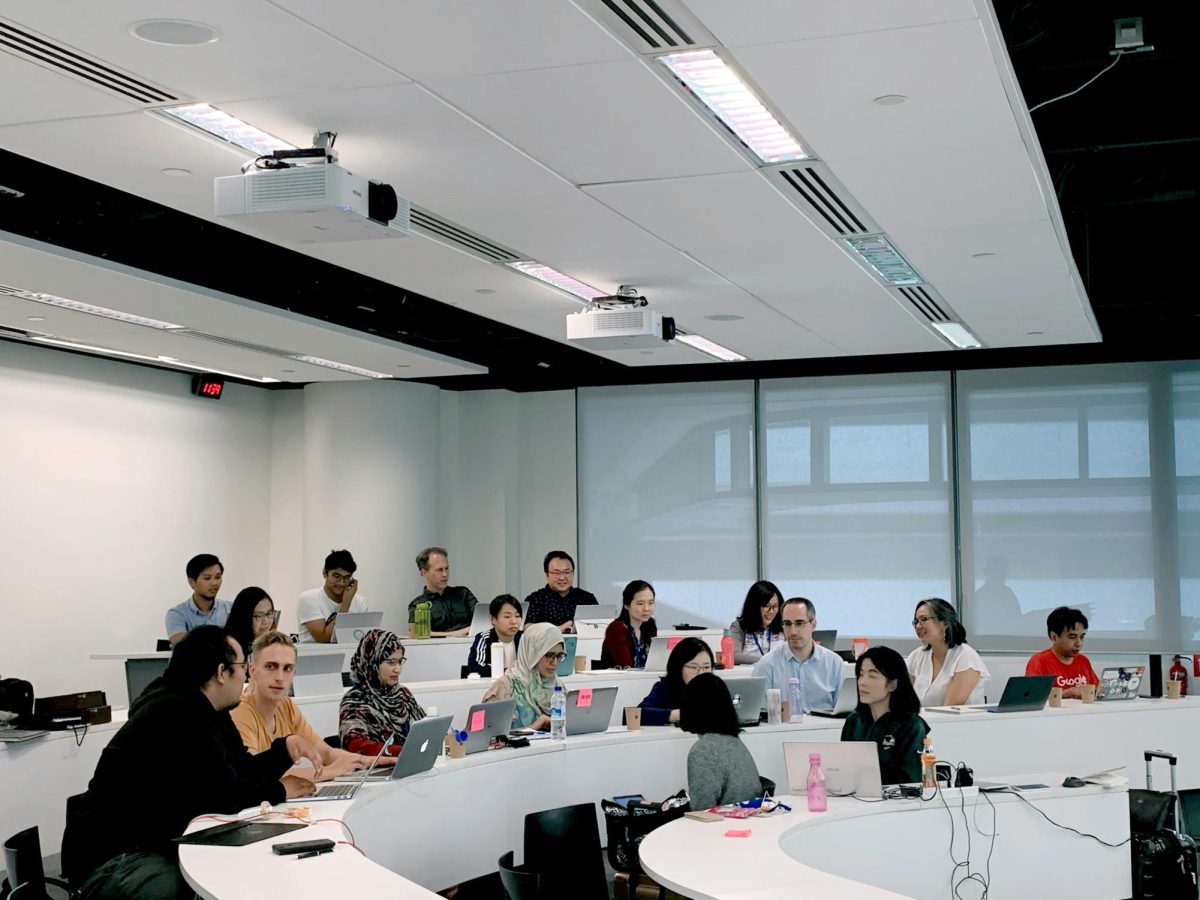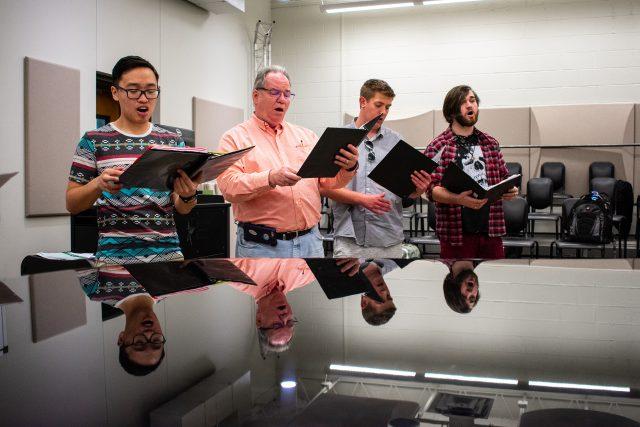By Lissette Salgado/campus editor
As individuals, everyone has their personal definition of happiness and what brings them satisfaction with life. One person may find happiness through success while others may find it through recognition from others, or through monetary gain.
None of that is wrong, rather, it’s just that the definition of happiness differs from person to person, and everyone should respect that.
My mother believed that happiness came from scholarly achievements and constant hard work.
She would regularly remind me that one of my cousins, Maria, from her side of the family became successful in both her education and her job as a child pediatrician.
She failed to realize that Maria did all that work to get her father’s love and attention and not her own volition. Maria never got her father’s approval, even though she was a valedictorian of her class and won numerous accolades.
Some people are forced into success on the behalf of others, but find their accomplishments unsatisfying. Those people don’t see that happiness doesn’t solely come from a constant stream of achievements and completing life goals, instead, it’s what they believe will result in happiness.
My happiness comes from working with my hands, writing literature, creating handcrafts and illustrations and socializing with people.
It’s different from what my parents want me to do, but I don’t mind their displeasure since we have our own interpretation of happiness.
As human beings, we are free to experience what we constitute as exhilarating and fascinating. We find things, like places, foods, activities or people, that pique our interests and decide whether or not we like them.
We don’t always share the same interests or likes and dislikes. Instead, we seek out our own meaning of happiness.
Happiness is not something that is easily interpreted by just one person, and should not be dictated by the surrounding people, even if they are loved ones. It’s a personal definition that is as varied as the individual.































